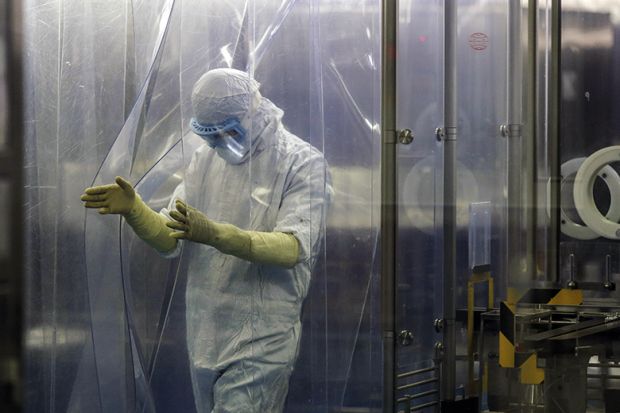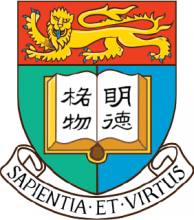Having co-authored more than 400 scientific papers in a glittering 30-year academic career, Michelle Williams recently wrote her last ever research grant application.
“I’m no longer doing my own research,” explained Professor Williams, dean of Harvard T.H. Chan School of Public Health, on her decision to give up her lifelong passion, adding that “when you are a dean, you have to be available 24/7 to sort the big and the small issues”.
The decision to quit research – or not – is one over which many outstanding researchers promoted to leadership roles have agonised. Should a scholar, often at the peak of their powers, be expected to end their research ambitions in a matter of months once they land an administrative role? Or should they fight to make time for a sideline in research, whatever the demands of their new role? Some would argue, however, that such part-time dabbling is, at best, an unproductive use of managers’ time, and, at worst, a vain abandonment of leadership duties in pursuit of personal glory.
Many deans, heads of departments and even university leaders have apparently managed to combine the roles successfully. Both David Latchman and Dame Nancy Rothwell – who lead Birkbeck, University of London and the University of Manchester respectively – have continued to hold research roles while leading their institutions.
Speaking at the Women Leaders in Global Health Conference in London, Professor Williams, a renowned epidemiologist and public health expert, admitted that she had fought hard to maintain her research career, which began in the Princeton University laboratory of Nobel prizewinning biologist Eric Wieschaus in the 1990s, since taking over as dean at Harvard in 2016.
“I’ve seen, however, this is a job where you need to give it your all,” she admitted.
While academics may be reluctant to give up their own research interests, the role of dean is a unique opportunity to further research in a different way, explained Professor Williams, who is keen to shift her school towards more applied research.
“I love curiosity-driven research but what the world needs more than ever is to take what we know and apply it,” she said. In practice, this means her school applying for different types of grants more concentrated on this agenda, she explained. “It’s not just the amount of money we win, but the type of money that we apply for.”
“As a dean, your time is precious, so everything you do needs to be intentional,” continued Professor Williams, who said that she wants to make time to be “an activist, ambassador and voice for public health”.
However, Gabriel Leung, dean of Li Ka Shing Faculty of Medicine at the University of Hong Kong, takes a different view to Professor Williams. “If you can be good at research with only a small amount of time, you set an example to others with considerable teaching and administration commitments,” said Professor Leung.
“If you are asking people to do this without a terribly large amount of time, the least you can do is suffer with them,” added Professor Leung, also speaking at the London event, which was organised by the London School of Hygiene and Tropical Medicine.
Demonstrating that you practise what you preach on research productivity is a crucial part of establishing your authority as an academic leader, added Professor Leung.
“I tell people that ‘you are only as good as your next grant or patent’, but unless you are in the trenches with them, you are not going to have a lot of credibility,” he said.
He also believes that many academics – including himself – are fundamentally incapable of giving up research. “Why do I do it still? Because I love it and I cannot not do it – that is the main reason why I stay on as I have an unfinished agenda and things I want to pursue,” said Professor Leung.
While some might wonder if it is wise to cling on to such ambitions while holding a stressful and demanding managerial job, Professor Leung, a former chief public health officer for the Hong Kong government who oversaw efforts to contain the flu pandemic in 2009, believes that academics are right to retain these principles.
“I am a doctor of public health, so I can either go into public office or I research – if I am presented with an opportunity to research and refuse it, is that ethical?”
“Declining the chance to research is a bit like a surgeon, who has trained for years, not going into the operating theatre,” he said.
POSTSCRIPT:
Print headline: When door to management suite opens, must door to lab close?
Register to continue
Why register?
- Registration is free and only takes a moment
- Once registered, you can read 3 articles a month
- Sign up for our newsletter
Subscribe
Or subscribe for unlimited access to:
- Unlimited access to news, views, insights & reviews
- Digital editions
- Digital access to THE’s university and college rankings analysis
Already registered or a current subscriber? Login










